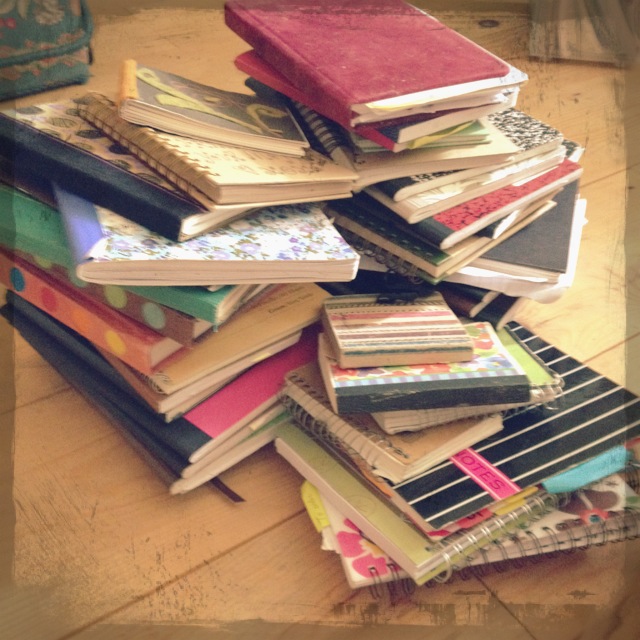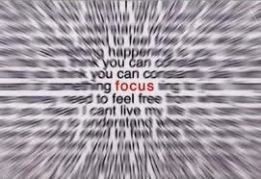“You need to clear. Now. Today.”
I keep hearing it. Seeing it. And, feeling it.
I take this knowingness to my notebook and try to write out EXACTLY what needs to be cleared.
“What? What needs to be cleared?” I question, “Is it energy clearing? I feel okay. I don’t need that today. Is it subconscious blocks that I need to let go of? Fear? Obsessions? Old stuff? What? Tell me, so I can take care of it!”
A smell lingers up into my writing room. My candle can’t even mask the smell. Being one of those highly sensitive nose type people, smells really trip me up.
“What IS that?” I croak.
Ugh. I can’t even focus on my thoughts to write with this intrusion. I shut my computer and investigate. I know this smell. It’s a moldy, old garbage, combined with wet dog, chicken coop and baby kitties born on the couch kinda smell (that happened when I was a young girl and I still remember the smell). I really don’t even want to know what it is. There have been whiffs of this odor over the last week and I’ve tried to ignore it. But, I can’t any longer. It’s become overbearing. The thought of what it could be is giving me the willies. Moving might become necessary.
I scan the garage. My skin shivers at how visually toxic to my well-being this room is. The school year is done and summer is here and I know I NEED to clean this.
Forget the garage. . . it’s not even my junk.
But, then, I know the answer to my knowingness.
“Oh, you mean REAL clearing! ACTUAL PHYSICAL REAL CLUTTER!” I shake my head because I really do not want to tackle this. I’ve been avoiding it altogether. I have other things to do! Stuff I actually WANT to do! It’s summer!! The sun outside wants me to sit in it and just read!
The message is affirmed in everywhere I go. The yard, the shed, the playhouse. There is not a space in my house that does not need some TLC:
A Total-Lot-of-Cleaning.
Yes, I’ve neglected it. It’s time.
“Whether it be your closet or office desk, excess things in your surroundings can have a negative impact on your ability to focus and process information. That’s exactly what neuroscientists at Princeton University found when they looked at people’s task performance in an organized versus disorganized environment. The results of the study showed that physical clutter in your surroundings competes for your attention, resulting in decreased performance and increased stress.” ~nourishment3.com
Well, I knew I was having a focusing issue, but I didn’t know it was because of my clutter. And my stuff.
I announce to my husband that I’m on a de-cluttering mission. His eyes begin to squint like the sun’s hurting him and his entire face scrunches up. He knows he is going to either have to get involved or risk losing some stuff. He also knows he has more stuff to de-clutter than I do. The two boys find other stuff to do.
The bathroom is first, as it’s the room that bothers me the most. Items from the shelves are purged, used once or twice and never to be noticed again, covered in dust and gunk. Old vitamins, prescriptions, bath salts and lotions. Yuck. Then. . . way in the back, I discover some old boxes of Frownies I purchased a few years ago.
Oh dang. The memory comes flooding back.
These stick on patches were going to be the ticket for those wrinkles on my forehead. The internet said. So, I bought 2 packages, not just one. On my first day’s trial of stretching my forehead before applying the sticky patches to my skin, and then sleeping with it on, I awoke to an even more dented forehead than my original one. Apparently, I had not flattened my skin smooth enough before I stuck that baby on. Instead of smoothing my forehead, I made NEW wrinkles. They lasted all day. I should have sent the Frownies back for a refund, but I attributed the problem to operator error and vowed to give it another shot. I never did. A reminder of another bad decision and money wasted for vanity.
Why is it so painful to get rid of this stuff?
Apparently, there is research that gives us the answer to this question. (I found it on the internet.)
We tell ourselves we are hanging onto this stuff for a number of reasons:
1. We are saving it for just the right occasion.
2. We spent a lot of money on it and we might use it one day.
3. We have sentimental value.
But, the biggest reason we hang on to stuff is because we probably made a mistake buying it and it literally hurts our brain to come to terms with that fact.
Yup, there is. The truth. It’s painful to admit that we screwed up. Bad decisions. Money wasted.
As in the case of my Frownies.
Tossing them in the trash really DOES hurt. But really, I know I won’t try them again. Even sticking all those patches to my face now and going to bed that way seems absurd. And, I run the risk of that scene be the topic of conversation and my husband’s office the next day.
I could see if my sister wants to try them. That would feel better than junking them. But, then, I’d have to hold on to them longer until I see them. Should I walk them over to my neighbor? I could tell her that if she doesn’t want to try them, she could just toss them and I wouldn’t have to know about it. Maybe that’s the ticket. Yeah. That’s what I’ll do.
Then, I won’t have to feel the pain quite so much.
Unless, the next time I see her, she has more wrinkles.
Now, moving on to the kitchen. . .



